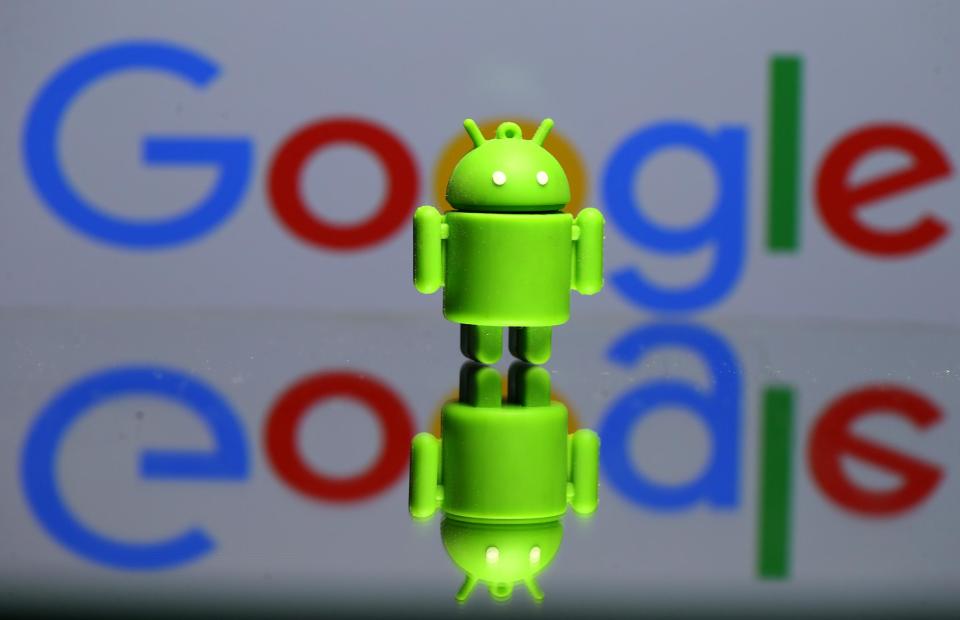Android phones are about to completely change as Google plans to charge for apps
The world's most popular mobile operating system may soon look very different after Google announced that smartphone manufacturers will no longer have free access to popular apps on Android.
The licensing fee charge for the Play Store and other Google apps follows a $5 billion fine handed to the technology giant by the European Commission for antitrust violations earlier this year.
Until now, Android phones and tablets have all come pre-installed with Google's search engine and Chrome browser, a move that European lawmakers deemed illegal. From 29 October, all new Android devices launched in Europe will be subject to the new licensing charges.
"Since the pre-installation of Google Search and Chrome together with our other apps helped us fund the development and free distribution of Android, we will introduce a new paid licensing agreement for smartphones and tablets shipped into the EEA [European Economic Area]," Google's senior vice president of platforms and ecosystems Hiroshi Lockheimer said in a blog post. "Android will remain free and open source."
What does this mean for Android users?
In short, the apps that come pre-loaded on your phone could now be completely different. Rather than Chrome and Google search, as users have seen ever since Android was introduced, there could be something else entirely.
The change is good news for other browsers and search engines, which could now come pre-installed on Android phones instead of Chrome.
Given recent data scandals from tech firms like Facebook and Google, device manufacturers may decide to make a statement by introducing apps that focus on online privacy.
Private search engine DuckDuckGo could be among those to benefit, which currently represents only 0.18 per cent of the global search market.
The privacy-focussed search engine processes around 30 million searches per day – the same number as Google handles in about 15 minutes.
What does this mean for Google's mobile dominance?
More than 80 per cent of the world's smartphones run the Android operating system, and this is unlikely to change significantly as a result of Google's new licensing system.
What could change is the pervasiveness of its search engine, apps and other features. Perhaps the most significant of the features subject to the fees is the Play Store, which serves as a gateway through which popular apps can be downloaded.
Not all apps are available through Google Play – earlier this year, Epic Games decided to roll out the Android version of its hugely popular game Fortnite through its own website in order to avoid paying Google for the privilege of hosting the app on Google Play. But this is an exception, not the rule.
If the licensing fees prove too burdensome for phone and tablet manufacturers, this way of distributing apps may become a trend that threatens Google's monopoly of everything from email to maps.
Even without Google Play, Fortnite was able to amass more than 15 million downloads on Android within a month of launching, proving Google's app store is not a prerequisite for success.
As Epic Games CEO Tim Sweeney explained at the time: "The great thing about the internet and the digital revolution is that this is possible, now that physical storefronts and middlemen distributors are no longer required."


